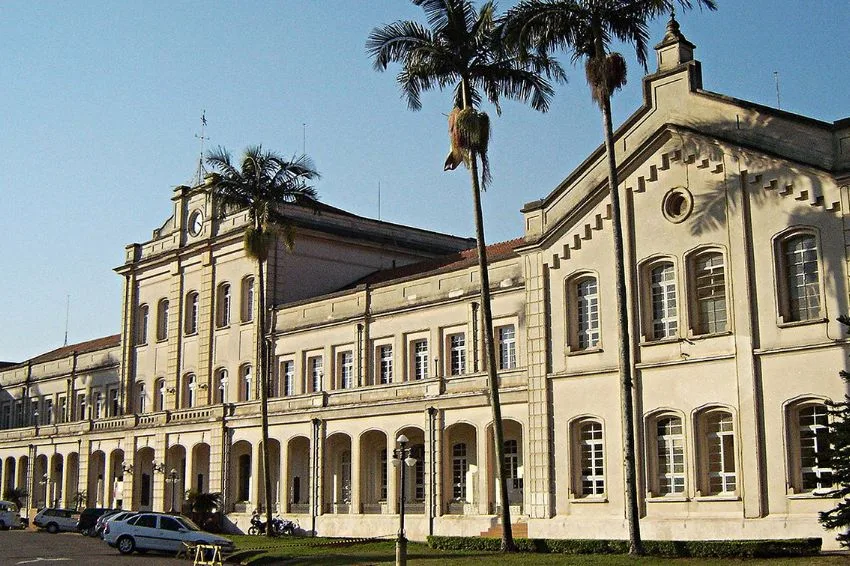The Ministry of Economy published on Wednesday (18) new technical criteria that will be considered for granting Ex-tariffs for solar panels. The technical parameters were reviewed by the Ex-Tariff Division of the Ministry of Economy.
According to the publication, to evaluate the performance criteria, the same technologies of national and imported products will be compared (thin film with thin film, amorphous silicon with amorphous silicon and crystalline silicon with crystalline silicon). In the case of crystalline silicon, only monofacial with monofacial and bifacial with bifacial will be compared – considering in the analysis of bifacial modules only the generation of the front part.
Furthermore, the maximum efficiency difference (Wp/m²) will be compared (efficiency information in % may be added), with the maximum margin being 5%, according to ME Ordinance No. 309, of June 24, 2019.
Another determination is that the claims must be objective and concise, detailing only the parameters relevant to the analysis.
The publication determines that information regarding the amount of cell degradation over the years and performance guarantee, the type of frame, the temperature coefficient per °C, the number of cells and buses, the encapsulating material, should not be included in the claims. operation in a temperature range, cable dimensions and other information that are not considered in the analysis.
The Ministry's decision comes after several professionals in the solar sector contributed with suggestions aimed at balancing the national and international industry. This is what Wladimir Janousek, specialist in technologies and production processes for photovoltaic modules, reported.
“The ministry asked for help and we prepared a series of suggestions trying to balance the interests of the national industry and importers. ABSOLAR (Brazilian Association of Photovoltaic Solar Energy) and its members also spoke out and heard a set of recommendations. But the ministry did not accept the proposal to maintain power as the main factor and insisted on including efficiency”, said the expert.
Janousek also highlights that, with the changes made by the Ministry of Economy, Brazil will be the only country with pricing criteria based on efficiency and not on power. “This will generate more confusion and bring more legal uncertainty to the process. And what's worse, wanting to change an entire analysis rule different from what was in force and what the market was practicing. So, I see this change with great concern”, highlighted Janousek.
The expert also states that the limitations imposed on the claims are in disagreement with the ordinance that regulates the Ex-tariff. “In my understanding, the ministry is violating some of the articles of the main precepts of ordinance 309, which determines the entire process of requesting, analyzing and granting extra tariffs. They are taking away the right of companies to submit essays, descriptions of claims for extra charges according to their wishes”, he stated.
Impact on the country's photovoltaic sector
When asked about the impact of changes in the Brazilian photovoltaic market, sector experts disagree.
“This new government directive on Ex-module tariffs, changing from power to efficiency, will have a major impact on the medium and large power plant market. In 2021, which is estimated to add another 4GW of installed power from the solar source, at least we will have a reduction of 25% of this total. This will bring a minimum injection reduction of R$ 3 billion into the Brazilian economy, which will negatively impact job creation”, stated Fernando Castro, Country Manager at JA Solar.
“The worst thing is that there will be no increase in local production of national modules, as 395/400W modules are not technically and financially viable in medium and large plants. Government technicians did not listen to the recommendations sent by the market entities consulted, and probably took this directive without in-depth analysis of the market, and in my opinion in response to internal pressure”, he added.
Adalberto Maluf, Director of Marketing and Sustainability at BYD, commented that the measures are favorable. “We consider the definition of clear and objective criteria for comparing performance between photovoltaic solar modules to be positive. The comparison of performance in maximum efficiency (Wp/m²) brings transparency, equality and legal security to the sector, at the same time that it educates consumers to compare performance against the real performance of different technologies”, highlighted Maluf.
On the other hand, an investor in centralized solar energy projects, who asked not to be identified and has projects contracted for 2021, told Canal Solar that the changes will have a negative impact on the projects.
“We have a 400 MW project to start in 2021 and these changes in criteria bring a lot of legal uncertainty. Furthermore, analysis based on efficiency makes no sense, in large projects we always analyze the highest power, with greater power it is possible to optimize the use of land space, use fewer structures and cables, to name a few”, he said.
Still according to him, the changes do not benefit the national industry. “Contrary to popular belief, the removal of Ex-tariffs does not cause projects to purchase national modules, the projects simply no longer make sense and do not get off the ground, they are simply postponed. The price of the national module is about 30% to 40% more expensive than the national one.”
The investor concluded by stating that photovoltaic energy will lose its attractiveness. “As investors, we negotiate the price per MWh in our projects, with the drop in the Ex-tariff, the solar source becomes less competitive than other sources. Brazil will no longer be competitive, there will be an evasion of foreign capital”, he concluded.
















